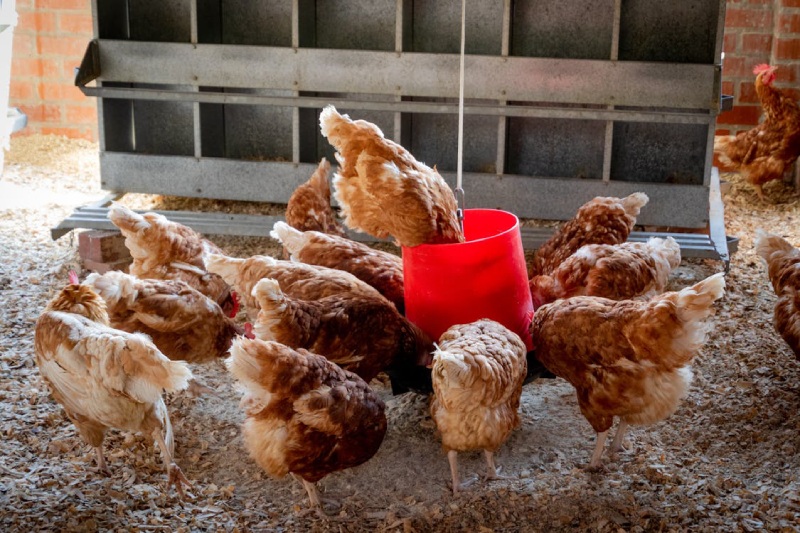For many, chicken is a dinnertime staple – affordable, versatile, and a good source of protein. But what goes into raising the chicken that ends up on our plates? The answer, in some cases, includes a concerning amount of antibiotics.
Antibiotics in Chicken Farming: A Brief Overview
Antibiotics are medications used to fight bacterial infections. In chicken farming, they’re routinely administered to:
- Prevent diseases – chickens raised in crowded, unsanitary conditions are more susceptible to illness.
- Promote growth – low doses of antibiotics can help chickens grow faster on less feed.
While this practice may seem beneficial for farmers, it raises significant concerns for human health and the environment.

Health Concerns for Consumers
The overuse of antibiotics in chicken farming can lead to:
Antibiotic resistance
When exposed to constant low levels of antibiotics, bacteria can develop resistance. This makes it harder to treat human infections with the same antibiotics.
Foodborne illness
Resistant bacteria can contaminate chicken meat, increasing the risk of foodborne illnesses that are difficult to treat.
According to the Centers for Disease Control and Prevention (CDC), at least 2.8 million people in the United States are infected with antibiotic-resistant bacteria each year, and more than 35,000 die as a result.

Environmental Implications
The overuse of antibiotics in chicken farming doesn’t just impact human health. It also has consequences for the environment:
- Antibiotic pollution – unused antibiotics can leach from chicken manure into soil and waterways. This can further promote the growth of antibiotic-resistant bacteria in the environment.
- Disruption of ecosystems – the presence of antibiotics in the environment can disrupt the natural balance of bacteria, potentially harming beneficial organisms.
Conclusions
The routine use of antibiotics in chicken farming poses a significant threat to human health and the environment. While some responsible chicken producers are moving towards antibiotic-free practices, there’s still a long way to go. As consumers, we can make a difference by seeking out chicken raised without antibiotics and supporting policies that promote antibiotic stewardship in agriculture.





